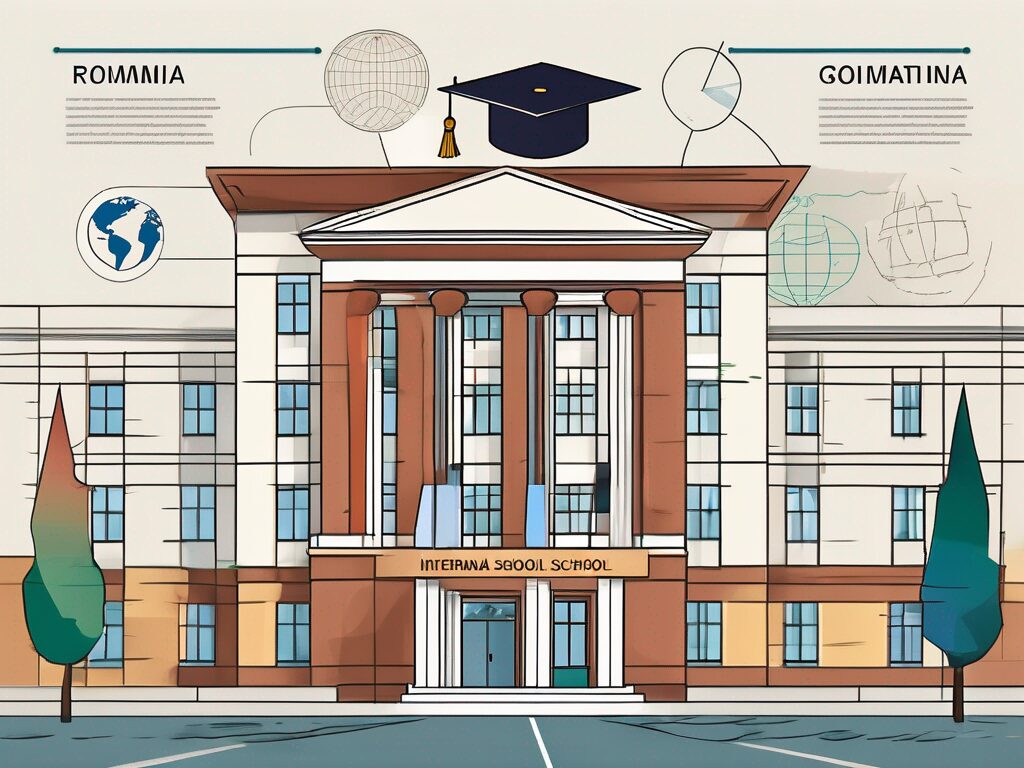Years of Experience Required for Teaching at International Schools in Romania
As international education continues to expand, Romania emerges as a noteworthy destination for educators seeking to enhance their careers. With its rich cultural heritage, dynamic economy, and commitment to educational excellence, Romania offers a compelling environment for teaching professionals. International schools in this region are instrumental in providing a curriculum that is both globally recognized and esteemed. This guide aims to clarify the experience requirements for educators aspiring to join these prestigious institutions.
The Landscape of International Schools in Romania
International schools in Romania exhibit a wide range of characteristics, reflecting the country’s diverse educational landscape. These institutions vary from small, specialized schools catering to specific nationalities to larger, well-established schools with a broad international student body. This diversity influences hiring practices, particularly regarding the requisite years of experience for prospective educators.
Despite the variety, certain trends are evident. International schools in Romania, akin to their global counterparts, prioritize experienced educators capable of delivering a high-quality, internationally-focused curriculum. Thus, the question of experience becomes paramount.
Standard Experience Requirements
Typically, international schools in Romania mandate a minimum of two years of teaching experience. This benchmark aligns with global standards in the international education sector, ensuring that educators possess a foundational understanding of the profession and can effectively manage the complexities of an international classroom.
It is crucial to recognize that this two-year requirement serves as a baseline. Many institutions favor candidates with additional experience, particularly for senior or specialized roles. For instance, positions such as department heads or educators teaching the International Baccalaureate (IB) curriculum may necessitate five or more years of relevant experience.
Factors Influencing Experience Requirements
Subject Matter and Educational Level
The specific subject and educational level being taught can significantly impact the experience requirements. For example, positions in high-demand subjects such as Mathematics, Science, or English often necessitate greater experience. Additionally, secondary education roles typically require more experience than primary education positions due to the increased complexity and specialization of the curriculum.
Institutional Reputation and Size
The reputation and size of the institution also play a critical role in determining experience requirements. Larger, more prestigious schools generally uphold higher standards and, consequently, demand more extensive experience. Conversely, smaller or lesser-known institutions may exhibit greater flexibility, particularly if they face challenges in filling specific positions.
Educational Qualifications
While this guide emphasizes experience, it is essential to acknowledge the significance of educational qualifications. Candidates possessing advanced degrees, such as a Master’s in Education, may be considered for positions even with fewer years of experience than typically required. Additionally, qualifications such as TEFL (Teaching English as a Foreign Language) can enhance a candidate’s profile.
Strategies for Gaining Relevant Experience
Aspiring international school educators who lack the requisite experience should consider various strategies to build their qualifications. One effective approach is to begin their teaching careers in their home countries. This allows for the accumulation of valuable experience in a familiar educational environment before transitioning to an international context.
Another viable option is to engage in volunteer work or accept teaching assistant positions within international schools. Such roles not only provide essential experience but also facilitate a deeper understanding of the operational dynamics within international educational settings.
Conclusion
In summary, while the experience requirements for teaching at international schools in Romania typically start at a minimum of two years, various factors—including subject matter, institutional reputation, and educational qualifications—can influence these standards. It is imperative for prospective educators to conduct thorough research on individual schools and positions, and to actively seek opportunities to gain relevant experience as they embark on their teaching careers.
Enhance Your Teaching Career with IPGCE
For educators aspiring to meet the qualifications necessary for teaching at international schools in Romania, the International Postgraduate Certificate in Education (IPGCE) offers a comprehensive solution. This program is designed to equip educators with the essential credentials, facilitate connections within a global professional network, and deepen their understanding of international curricula. With flexible online study options, the IPGCE program accommodates existing commitments, enabling educators to balance work and professional development effectively. Join the ranks of successful educators who have experienced a 50% increase in interview callbacks, a 45% rise in promotion rates, and significant salary enhancements. Do not allow stringent qualification requirements to hinder your progress. Enroll in the UK’s leading Teacher Training Course today and advance your international teaching career.

